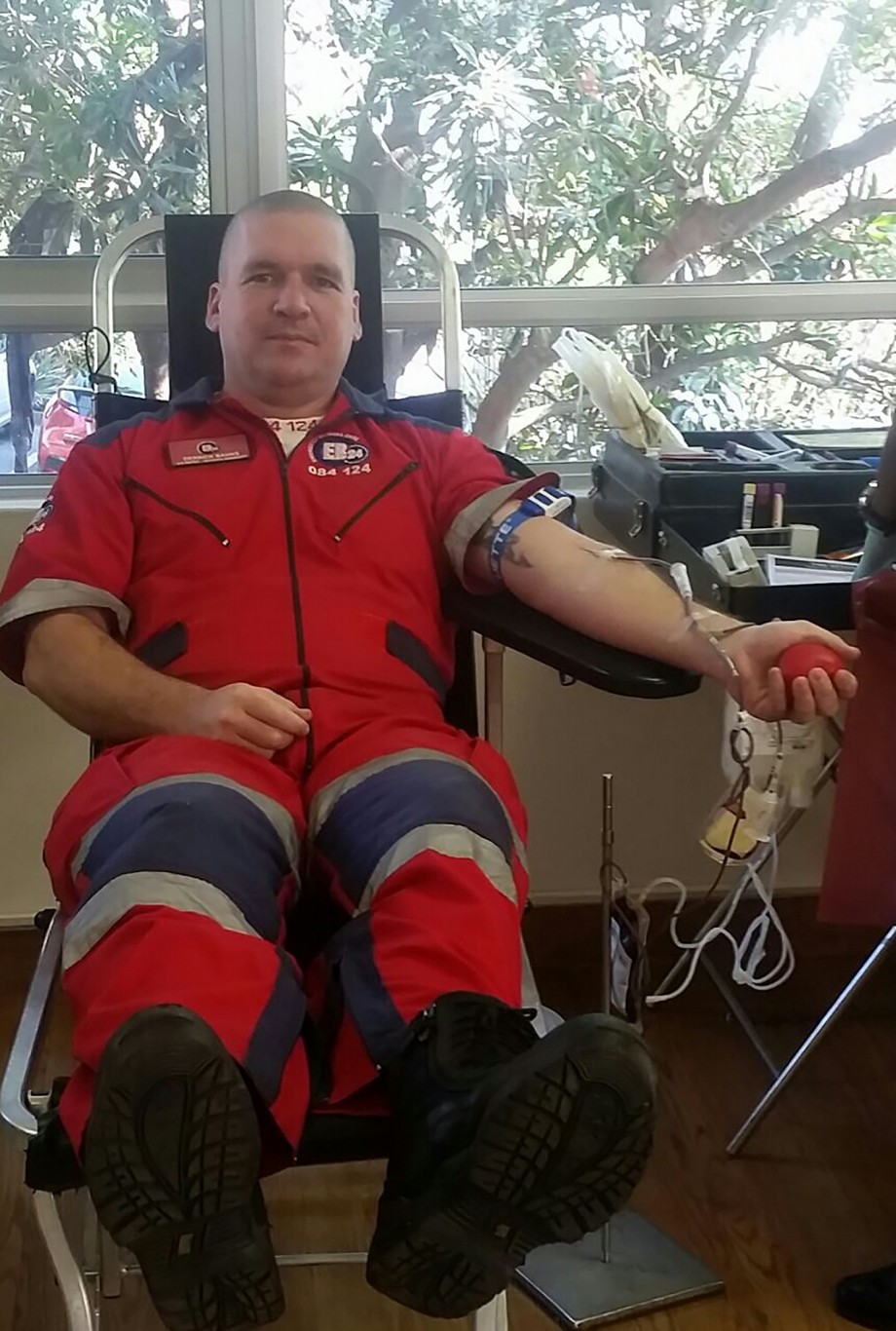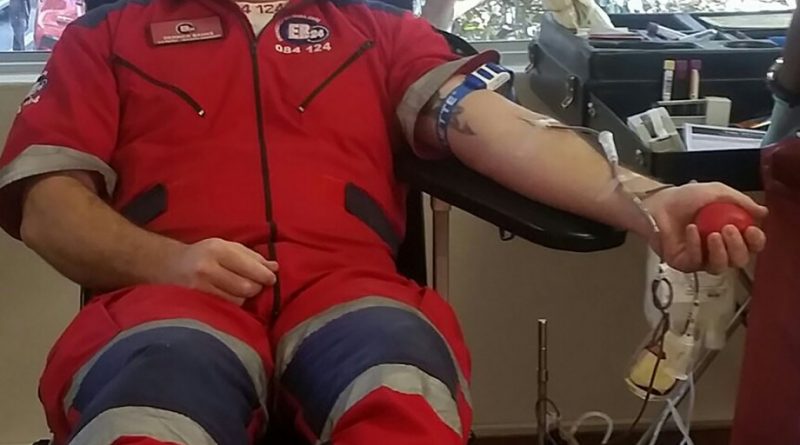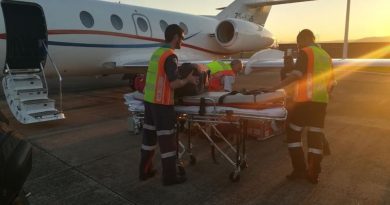Save a life – Donate blood
 June highlights and celebrates the millions of people worldwide who give their blood voluntarily to help those in need.
June highlights and celebrates the millions of people worldwide who give their blood voluntarily to help those in need.
This National Blood Donor Month, ER24 thanks blood donors for their gift of life and urges others to donate if they are eligible to do so.
As an Emergency Medical Service provider, ER24 paramedics see first hand the effect severe blood loss has on patients in both trauma and medical-related cases.
Severe blood loss can lead to a number of complications and result in death.
Speaking about some of the incidents he has attended, Derrick Banks, ER24 Hillcrest Branch Manager, said, “Each situation and patient is different.
We attend to patients injured in collisions, people injured after falling from a height and patients who are shot or stabbed for example.
“When paramedics arrive on the scene of any situation, they assess and conduct a primary overview of the patient. If the patient has any signs of severe bleeding, paramedics try to stop or limit the bleeding. The patient is treated and transported to hospital for further medical care,” he said.
Banks stressed it is vital that a patient with severe blood loss receive immediate emergency care. “Blood carries oxygen and other essential substances to organs and tissues. Hypovolemic shock, also known as hemorrhagic shock, is a life-threatening condition that occurs when a person loses more than 20 percent of their blood or fluid supply.
This makes it impossible for the heart to pump sufficient blood to the body and as a result, a patient risks organ failure or death. Just recently we had a patient who suffered traumatic injuries to an arm and leg following a vehicle collision. She needed blood due to the severity of the injuries she sustained. She was rushed to a nearby hospital where she underwent surgery. The surgery went well and she is recovering. This is just one example highlighting the positive impact a person can make by donating blood,” he said.
Banks himself is a blood donor. He has just donated his 50th unit of blood.
“I come from a family of blood donors. I started donating blood when I was 16 years of age while still in high school. At the time, I did not even think I was going to be medic but things have a funny way of turning out. I feel its very important for people to donate blood. Speaking from experience, my daughter was two days old when she had to undergo surgery and needed blood during the operation. I know giving blood is not for everybody but taking not even 30 minutes out of your day could help those in need,” said Banks.
By donating just one unit of blood, which is 480ml, you can help save up to three lives.
There are certain requirements for those wanting to donate blood. Donors must be between the ages of 16 and 65, be a minimum weight of 50kg, be in good health and live a sexually safe lifestyle.
A health questionnaire will be given to you and blood bank personnel will guide you through the process. It is vital to be completely honest when answering the questionnaire.
Also view:
Blood Donor Month: Know more about Blood Donations
Road Safety And The Need For Blood
Looking Toward The Future… Ensuring a Safe Blood Supply




